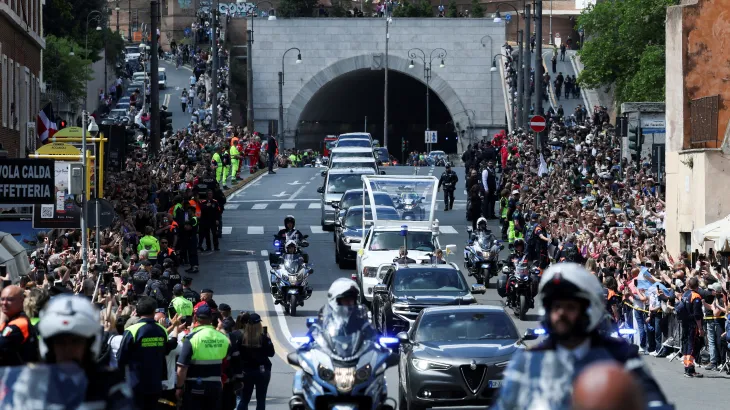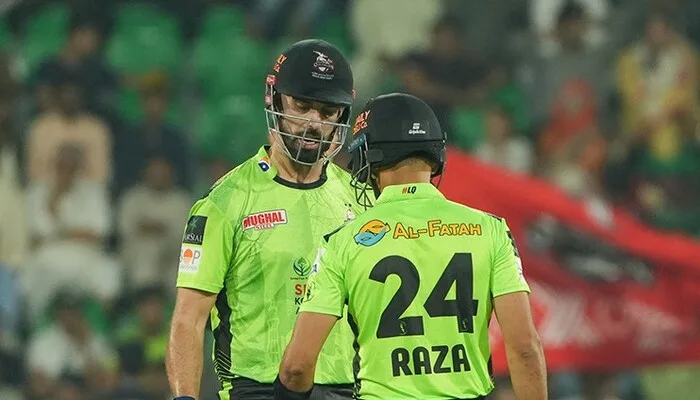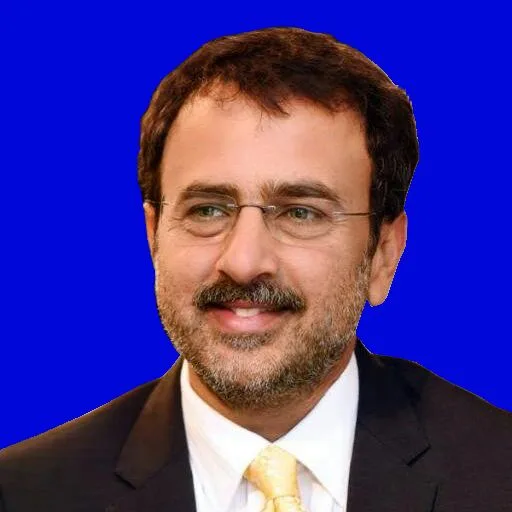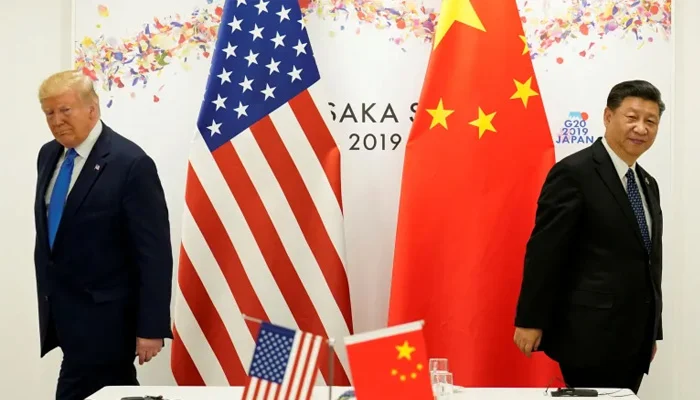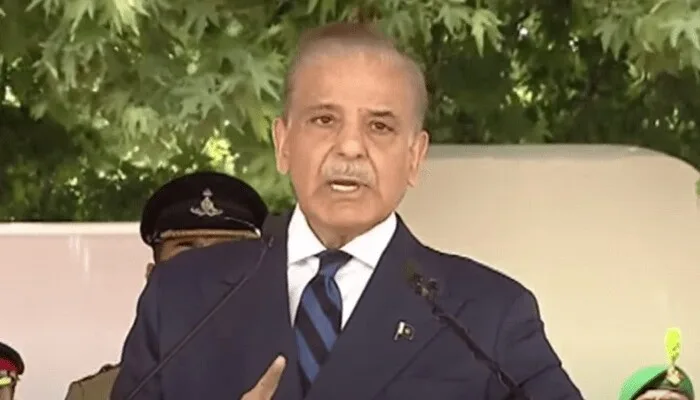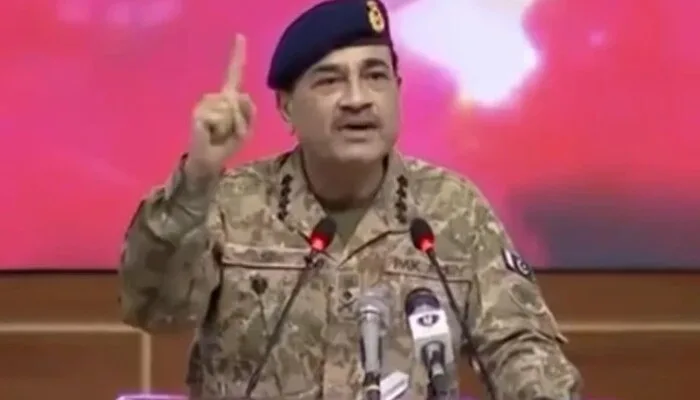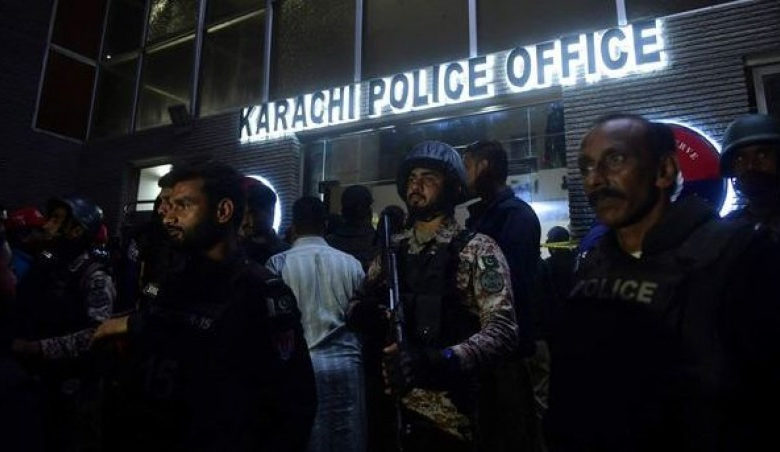
On Friday, a suicide squad belonging to the Pakistan Taliban attacked a police compound in the port city of Karachi, resulting in the deaths of at least four people.
The assailants entered the compound and engaged in a gun battle with security forces for several hours, with security personnel conducting a floor-to-floor search of the office building in pursuit of the attackers.
The attack follows a recent bombing of a police mosque in the country’s northwest that killed over 80 officers, and officials announced that security would be strengthened in the capital, Islamabad.
The Pakistan Taliban has claimed responsibility for the attack, which occurred in a tightly secured compound that houses administrative and residential buildings, as well as hundreds of officers and their families.
Sindh government spokesman Murtaza Wahab Siddiqui stated that two policemen, one ranger, and a sanitary worker were among the four killed in the attack. Siddiqui added that 14 others were injured.
Interior Minister Rana Sanaullah described the attackers as “terrorists armed with grenades and other weapons” who fired a rocket at a gate. The operation ended with the death of all three terrorists, he said.
The Prime Minister of Pakistan, Shehbaz Sharif, promised to eradicate the violence and bring the terrorists to justice. The United States also expressed its solidarity with the Pakistani people, with State Department spokesman Ned Price condemning the attack and emphasizing that “violence is not the answer, and it must stop.”
The Pakistan Taliban has been responsible for most of the assaults on low-level militancy in the north and west of the country, often targeting security checkpoints.
Since the Taliban took control of neighboring Afghanistan in August 2021, the attacks have been steadily increasing. The local chapter of the Islamic State has also claimed responsibility for some of the assaults, while separatists from Balochistan have attacked Karachi in the past.
In January, more than 80 officers were killed in a bombing of a mosque inside a police compound in Peshawar, which investigators attributed to a Pakistan Taliban affiliate. The Tehreek-e-Taliban Pakistan shares a common lineage and ideals with the Afghan Taliban.
Karachi is Pakistan’s largest city, with a population of more than 20 million people, and is the country’s main trade gateway at its Arabian Sea port.
The Sindh province, where Karachi is located, announced that security forces had focused on one main building seized by the attackers, a five-floor structure.
The police and rangers had cleared the first three floors and were approaching the fourth, according to the chief minister of Sindh province, Syed Murad Ali Shah.
Following the mosque attack, provinces across Pakistan have declared high alerts, with additional security forces deployed and checkpoints ramped up.
While the interior minister acknowledged a general threat across the country, he stated that there was no specific threat to the Karachi police office.
Low-level militancy in Pakistan has resulted in around 44,000 gun-related deaths in the country last year, according to the Gun Violence Archive database. The rising violence has led to calls for increased security measures and stricter gun control legislation.



